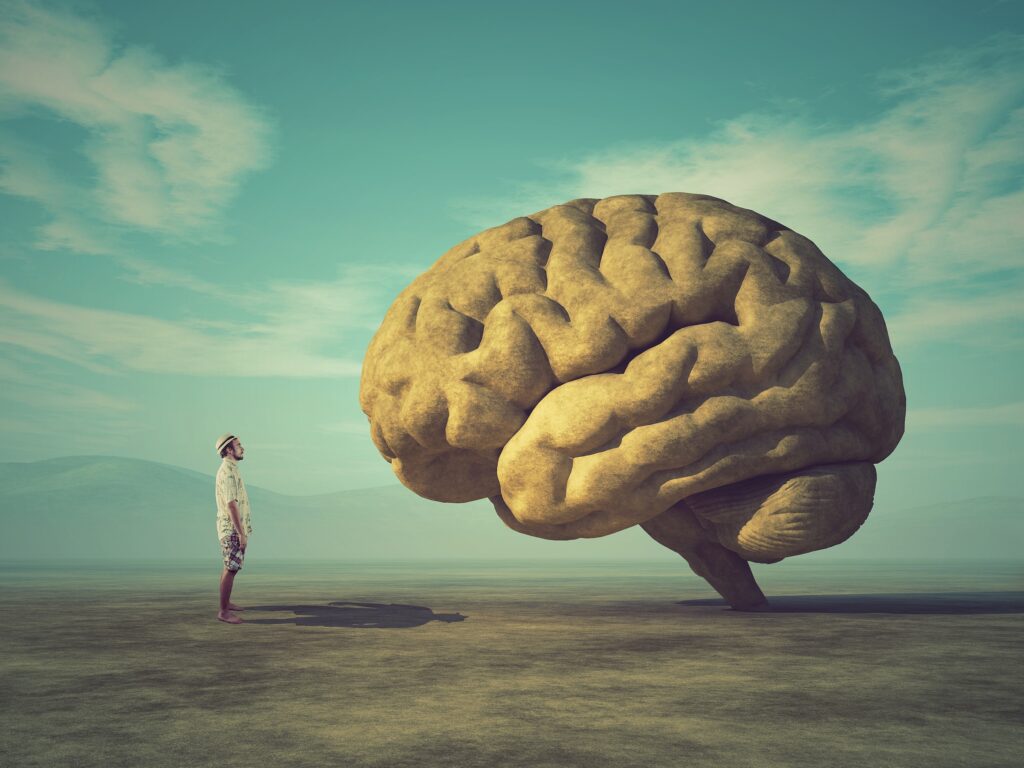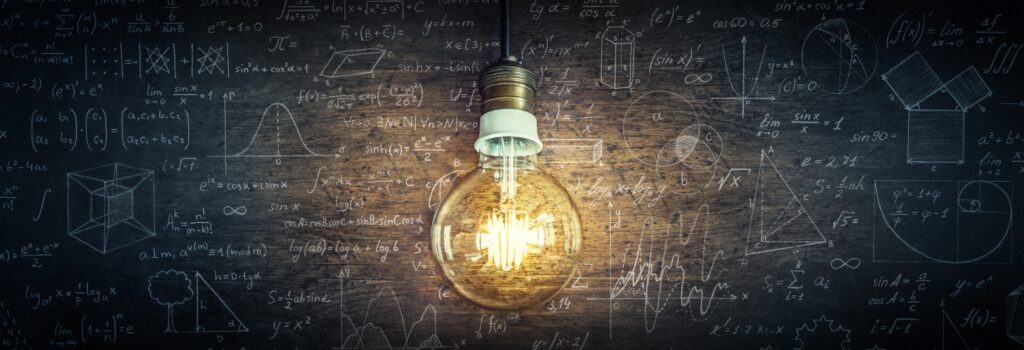They ‘told’ cancer to stop, and it did: The science and philosophical implications of bioelectric fields
Seeing | Biology | 2024-12-28

‘Talking’ to cells without influencing genes or molecules: it can be done by influencing bioelectric fields. By manipulating the bioelectric fields in organisms like planaria and tadpoles, Prof. Michael Levin has shown how eyes and other organs can grow in unconventional locations, how planaria can be ‘told’ to grow two heads, and perhaps most importantly: how cancer cells can be ‘told’ to stop growing in frogs. These promising experiments might lead to groundbreaking new therapeutics. The importance of the pioneering empirical work of Prof. Michael Levin at Tufts University, on the intersection of bioelectricity, regeneration, and cognition, can hardly be overstated. Philosophically, his work has deep implications for how we think about evolution, cognition and consciousness.
In 2020, Levin’s Lab created so-called Zenobots, programmable, living organisms made from frog cells (Xenopus laevis), designed to perform specific tasks such as movement or carrying objects. They represent a fusion of biology and robotics, created by assembling cells into novel, self-organizing structures guided by bioelectric signals. In trying to make sense of what his work on Zenobots points to, Levin regards evolution as the process whereby nature explores a Platonic realm of possibilities, ‘hardware configurations’ that, in a sense, are pre-existing and waiting to be discovered. And when it comes to intelligence, Levin sees only collective intelligence, in the sense that all intelligent lifeforms we know of are structured as sets of cells. Therefore, we ourselves could also very well be part of a larger intelligence.

Essentia Foundation communicates, in an accessible but rigorous manner, the latest results in science and philosophy that point to the mental nature of reality. We are committed to strict, academic-level curation of the material we publish.
Recently published
Reading
Essays
Seeing
Videos
Let us build the future of our culture together
Essentia Foundation is a registered non-profit committed to making its content as accessible as possible. Therefore, we depend on contributions from people like you to continue to do our work. There are many ways to contribute.















